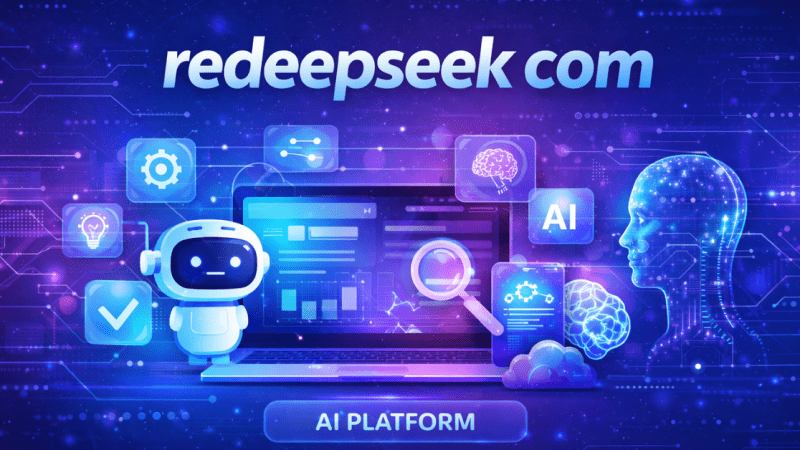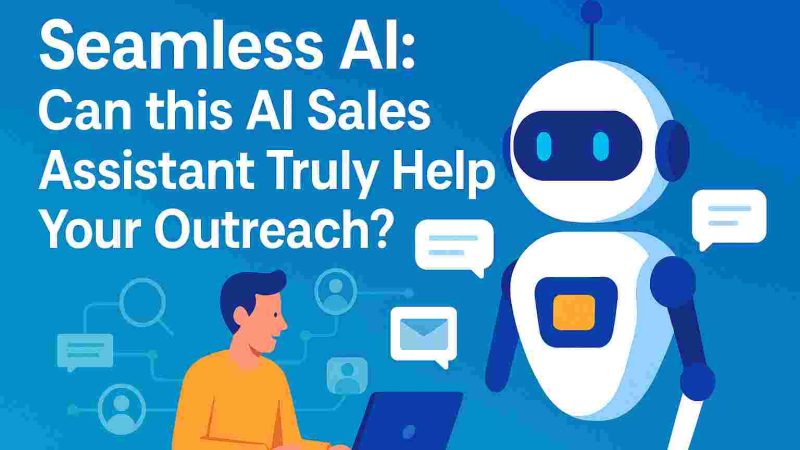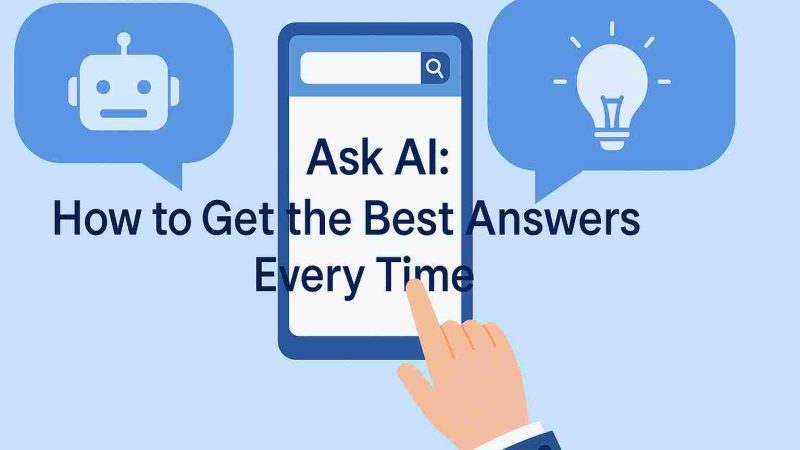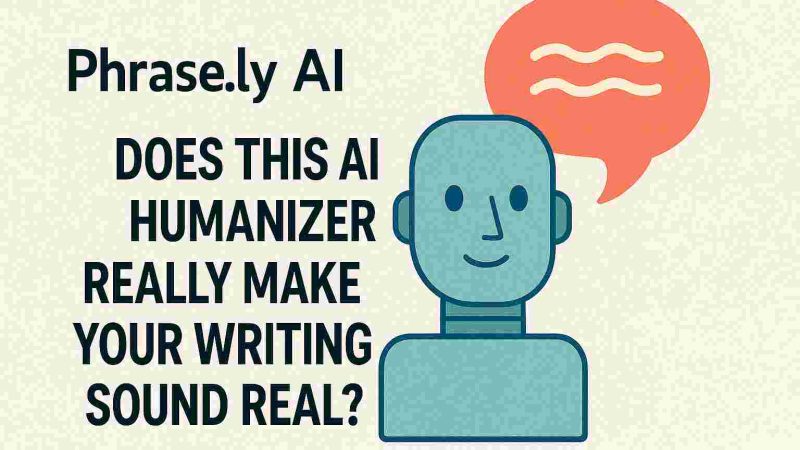Hume AI: Can a Machine Actually Understand Emotions?
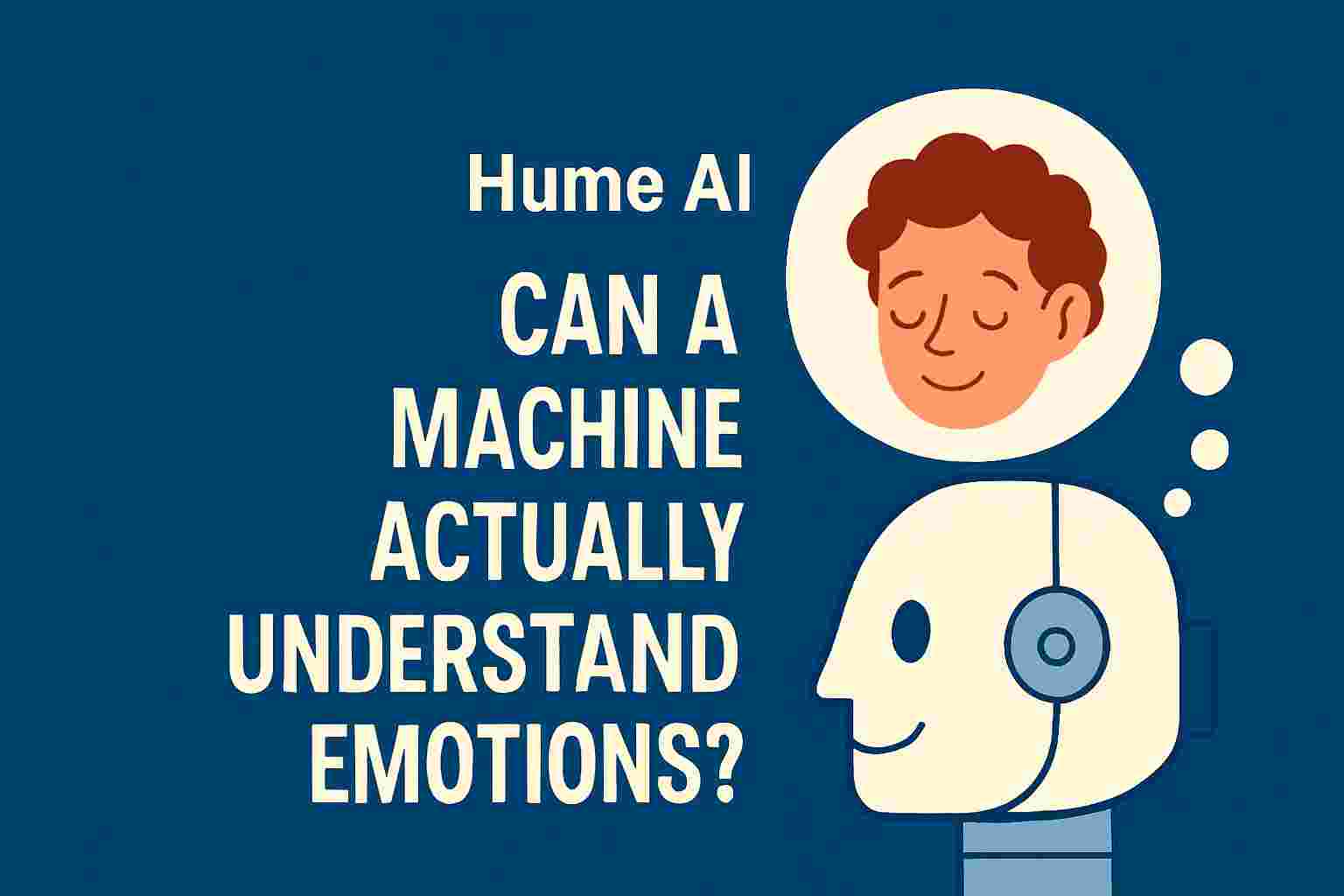
Introduction
Have you ever wondered if your phone could tell when you’re sad or pumped? That’s the promise behind Hume AI, a platform focused on recognizing human emotion across voice, face, and text. As emotional intelligence becomes the next frontier in AI, figuring out whether Hume really delivers and what that even means matters more than ever.
What exactly is Hume AI and why does it matter?
Hume AI is an empathic AI platform that helps apps detect and respond to emotions not by reading minds, but by analyzing facial expressions, vocal tone, even written language. Think of it like emotional radar: tracking frustration in a call center or stress during therapy. With more companies investing billions in emotional AI, Hume’s technology is right at the cutting edge and raising important questions about privacy and ethics
Also Read About: Ideogram AI
How does Hume AI work in simple terms?
Here’s the breakdown:
- Facial Analysis: Scans video or images to spot subtle expressions smiles, frowns, eye movement
- Voice Analysis: Listens to pitch, tempo, and voice quality to guess emotions (like irritation, excitement) .
- Text Analysis: Reads written words to detect emotional tone and intent .
Altogether, it offers a multi-layered emotional snapshot that can help apps adapt, respond, or alert humans when tone shifts or tension rises.
Is Hume AI accurate and reliable?
It’s pretty impressive but not perfect. In real-world tests, businesses have used Hume’s emotional layer in call centers, flagging tone shifts in thousands of calls and spotting dissatisfaction before it escalates . But critics point out that interpreting emotion isn’t exact science for example, laughter could mask stress, or cultural variations might skew the AI’s read .
How does Hume AI compare to other emotion platforms?
Let’s break it down:
- Hume AI: Multimodal analysis (voice, face, text), developer-friendly APIs, real-time emotion insights .
- Tavus: Focused on emotion-driven video creation great for personalized marketing, but not full emotion analysis like Hume
- Speechmatics / AssemblyAI: Offer sentiment in speech but lack facial or text context.
- Replika: Chat-based tone detection fine for messaging, but no voice or face analysis .
Bottom line: If you need full emotional context, Hume AI stands out. But it’s more complex and costly than simpler alternatives.
What are the ethical risks and considerations?
This is where it gets tricky. Tech like Hume’s raises real ethical concerns. Could this emotional insight be used to manipulate users or track moods without consent? Experts warn about bias (tone and facial cues vary widely across cultures) Hume seems aware: they’ve launched an initiative to govern ethical development and deployment of their tools . Still, the balance between empathy and exploitation isn’t simple.
Expert Voice
As Hume’s co‑founder Alan Cowen a psychologist turned AI researcher says:
“We specialize in building empathic personalities that speak in ways people would speak, rather than stereotypes of AI assistants.”
That goal is bold, but as psychologist Jess Hoey observes:
“AI helpers will appear to be more empathic… but I do not think they will actually be more empathic.”
FAQ Section
Q: Can Hume AI actually read my mind?
A: Nope it only reads expressions, not thoughts. It’s smart, but not psychic.
Q: Is Hume AI used in real businesses?
A: Yep especially in call centers and mental health apps, to track speaker sentiment or de-escalate issues .
Q: Is it biased against certain groups?
A: Potentially. Emotional cues vary by culture and accent, and AI could misinterpret them .
Q: Is Hume AI expensive?
A: It’s a premium tool, aimed at enterprises. Smaller companies might find it costly.
Q: Can Hume detect sarcasm or masked emotions?
A: Not reliably. It’s better at clear signals though it’s getting more nuanced over time.
Conclusion
Hume AI is one of the first platforms blending voice, face, and text to create an emotional-aware AI. It’s powerful and potentially game-changing for customer service, mental health, or personalized bots. But it also raises questions we can’t ignore around ethics and emotional privacy.
So, what do you think? Is emotional AI exciting and okay or a bit unsettling? Share your thoughts or what you’d build with a tool like Hume AI. Let’s explore this together.

